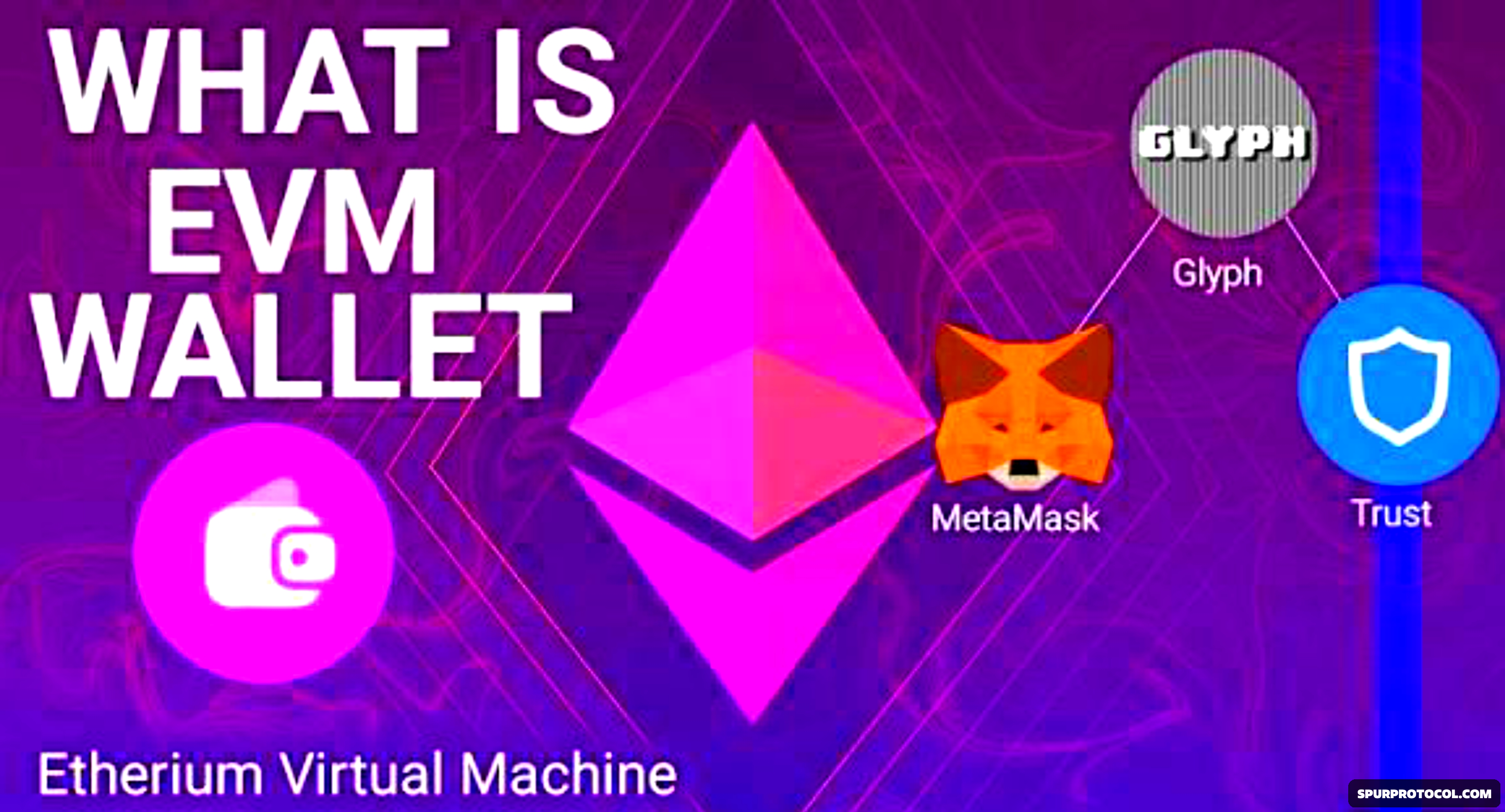What Are EVM Wallets?
As blockchain technology expands, managing digital assets across various platforms becomes increasingly complex.
Go Back

🕒 7:24 PM
📅 Oct 04, 2025
✍️ By chrison2
An EVM wallet is a web3 wallet designed to interact with Ethereum and EVM-compatible blockchains. EVM wallets ensure compatibility with smart contracts on these networks; their standardized addresses and logic give them an edge when it comes to interoperability.
What Is an EVM Wallet For?
EVM wallets allow for a few key things:
Providing EVM ecosystem identities
Each EVM wallet has a unique EVM address, a hexadecimal that allows the blockchain and its participants to define which wallet is which. It serves as your onchain identity. Most EVM wallets use an EVM address managed by a single private key via a software or hardware interface, but today, there are also smart wallet options allowing you to create EVM wallets without managing private keys.
Managing Ether and Ethereum tokens
Importantly, EVM wallets are mainly to manage EVM compatible assets such as Ether and a range of ERC-20 tokens, such as USDT, USDC and various memecoins. Depending on the wallet, they may also have support for more complex Ethereum tokens such as NFTs in ERC-721 and ERC-1155 formats. This is especially important for EVM wallets used for web3 gaming, which may require using multiple token formats.
Interacting with EVM apps and platforms
You’ll also need an EVM wallet for interacting with Ethereum-based apps. Whether you’re in an EVM compatible metaverse such as Decentraland or interacting with decentralized exchanges such as Uniswap, you’ll need to connect an EVM wallet in some way or another. On some platforms, you’ll need to have an EVM wallet already made. However, with thirdweb Connect, you can bypass that complexity and implement social logins with ease.

